Trump’s campaign against foreign students is on shaky legal ground
Judges are pushing back on the government’s efforts to deport students and academics.
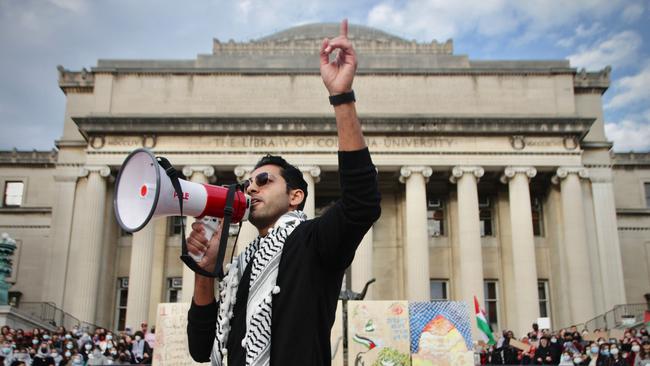
The Trump administration has grabbed nationwide attention with the arrest of students and academics as part of its push to limit pro-Palestinian speech on college campuses. One by one, judges are pushing back on those efforts.
In recent weeks, the courts have released several foreign students from detention while their cases continue and halted the government’s efforts to limit international student visas.
On Wednesday, a New Jersey federal judge said the Trump administration’s attempts to deport Mahmoud Khalil, one of the most well-known figures in the Trump administration’s crackdown on student demonstrators, were likely unconstitutional.
Presidents wield broad foreign-policy and immigration powers. Though the court battles are far from complete, the string of legal losses shows the administration’s shock-and-awe immigration campaign against individuals in academia is on shaky ground.
“The Trump administration stretched the law so far it broke,” said Aaron Reichlin-Melnick, a senior fellow at the American Immigration Council, a national immigrant advocacy group.
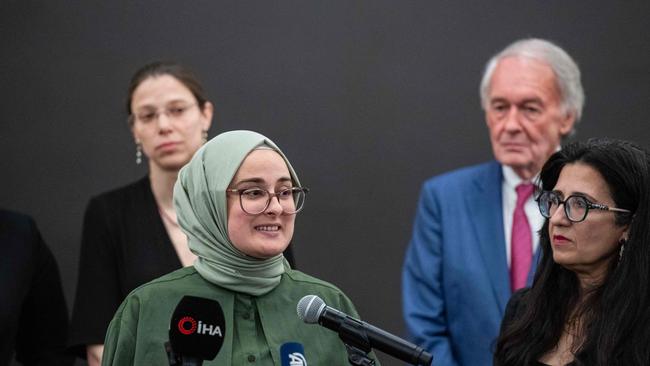
The government maintains that students and academics arrested earlier this year pose a threat to US foreign policy and that they contributed to anti-Semitism on college campuses.
“When you advocate for violence and terrorism that privilege should be revoked, and you should no longer be in this country,” said Homeland Security spokeswoman Tricia McLaughlin. “The Constitution, the facts, and common sense are on our side on this.”
A rare test
The administration fired its opening salvo earlier this year, pulling several students off the street and from their homes and flying them hundreds of miles away to Immigration and Customs Enforcement detention centres in Louisiana and Texas.
The government said many of the students and academics were deportable under a section of the Immigration and Nationality Act related to foreign-policy concerns. The administration’s use of a seldomly invoked provision of immigration law has set up a rare test of how far the government can go to carry out its immigration and foreign-policy objectives.
The detainees have fought their removal in immigration court and filed federal claims to challenge their detentions.
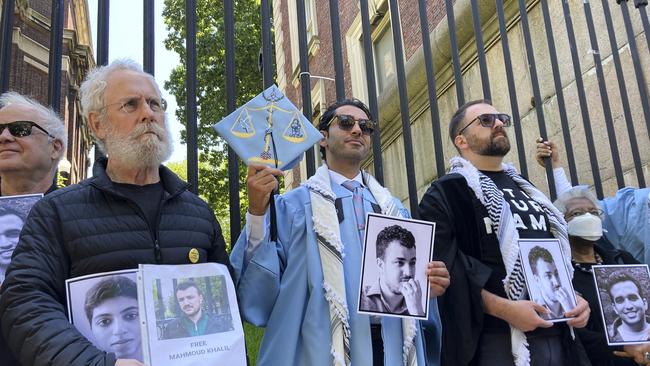
Khalil, a 30-year-old lawful permanent resident, played a prominent role in the protests that roiled Columbia University in the spring of 2024, negotiating with the university on behalf of the students and giving interviews to the media. His lawyers say his detention is retaliation for constitutionally protected speech.
In Khalil’s case, a federal judge ruled against the administration’s claim that his political speech poses a threat to national interests, the first to strike down the obscure underlying immigration law provision the government has relied on in court. Previous rulings focused on the government’s ability to use the provision.
The ruling is a significant victory for Khalil and others in similar situations, according to Elora Mukherjee, a professor at Columbia University Law School.
Though the judge focused on a narrow element of immigration law, his ruling affirms that “all people on US soil are entitled to due process of law and that their speech is protected by the First Amendment,” Mukherjee said.
Not enough evidence
Judges in several prominent cases reached the conclusion in recent weeks that the students and academics shouldn’t be detained while their cases progress.
Last month, a judge ordered the release of Mohsen Mahdawi, a Columbia University student who was arrested by ICE after a US naturalisation interview. Then came Rumeysa Ozturk, the Tufts student pulled off the street by immigration authorities, and Georgetown academic Badar Khan Suri.
In each of those cases, judges found the government hadn’t presented enough evidence to justify continued detainment.
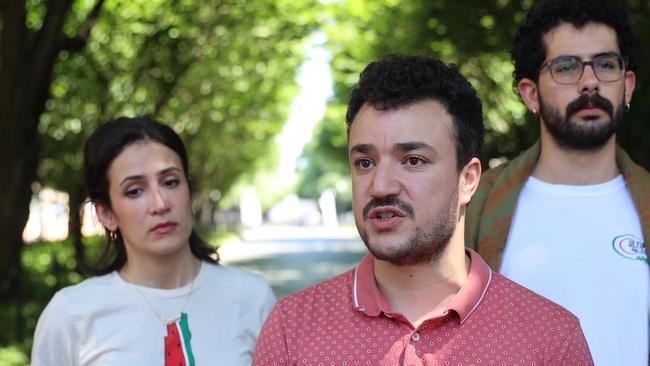
When ordering Mahdawi released, Vermont District Judge Geoffrey Crawford said legal residents were facing deportation threats for sharing opinions and compared the government’s actions to the McCarthy era.
“The wheel of history has come around again, but as before these times will pass,” said Crawford, who was appointed by then-President Barack Obama.
Khalil, a green-card holder who graduated from Columbia while in custody, remains in detention as a federal judge considers his request for bail.
Other students, such as the University of Alabama’s Alireza Doroudi and Cornell University’s Momodou Taal, chose to give up their fight to stay in the US rather than risk prolonged detention.
Reversing course
The administration has also faced pushback from judges on efforts to restrict the number of foreign students in the US, though it continues to drive ahead.
Last month the Trump administration revoked visas from thousands of international students without warning. After facing a barrage of lawsuits, the government reversed course and restored the students’ status.
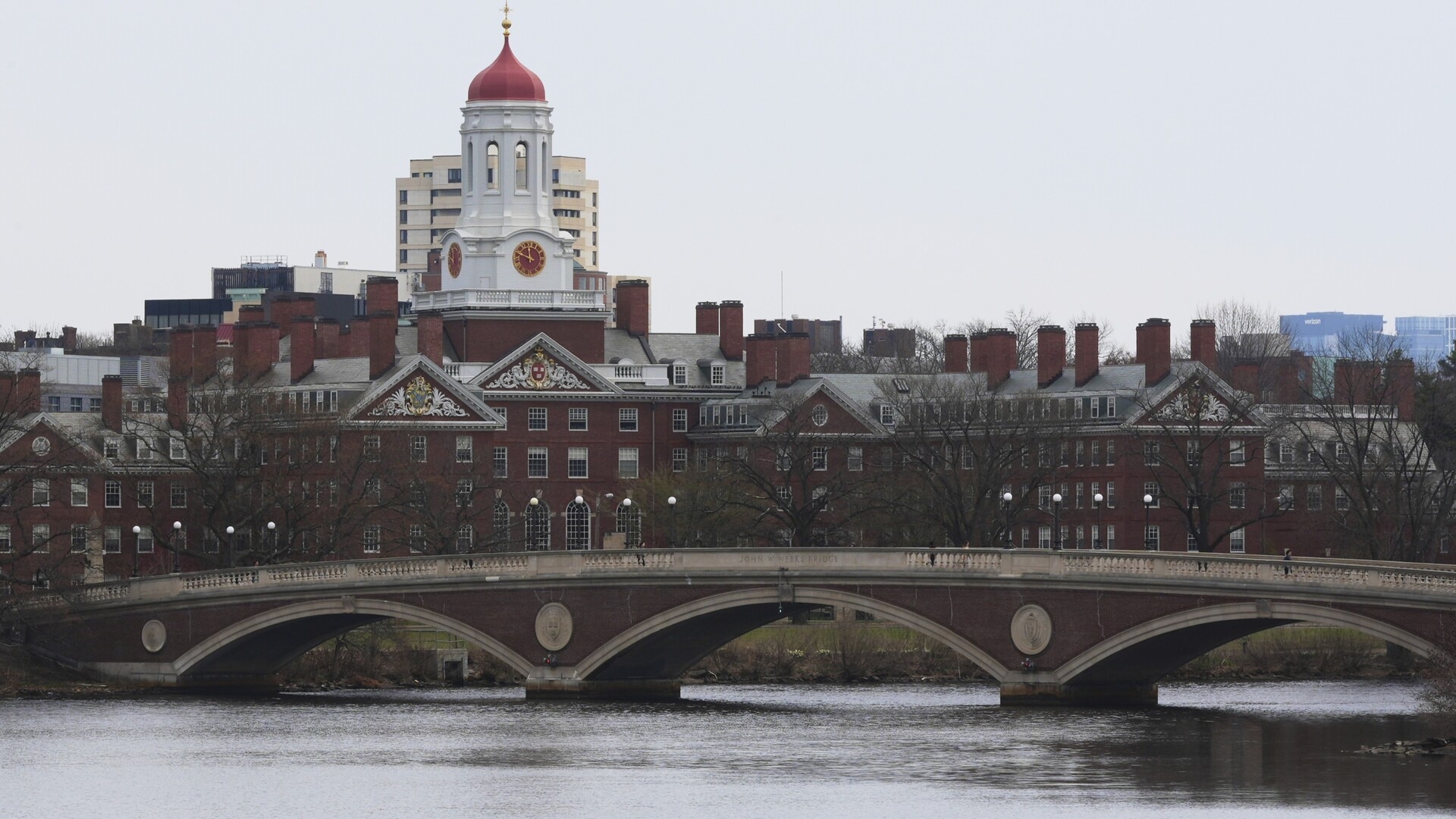
A federal judge said Thursday that she would continue to let Harvard University enroll international students for now, after the Trump administration last week said it was revoking the school’s authorisation.
This week, the State Department said it was pausing all new student visa interviews while it developed a more stringent policy for screening applicants. Secretary of State Marco Rubio said the agency would “aggressively revoke” visas of Chinese students studying in the US.
Wall Street Journal


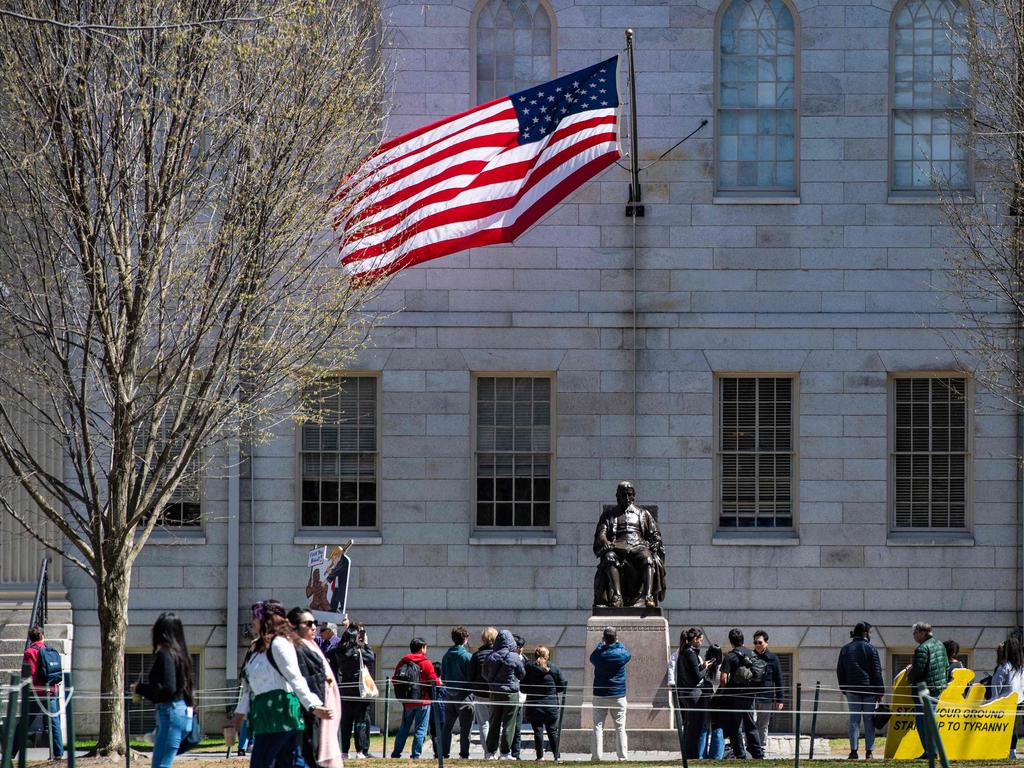

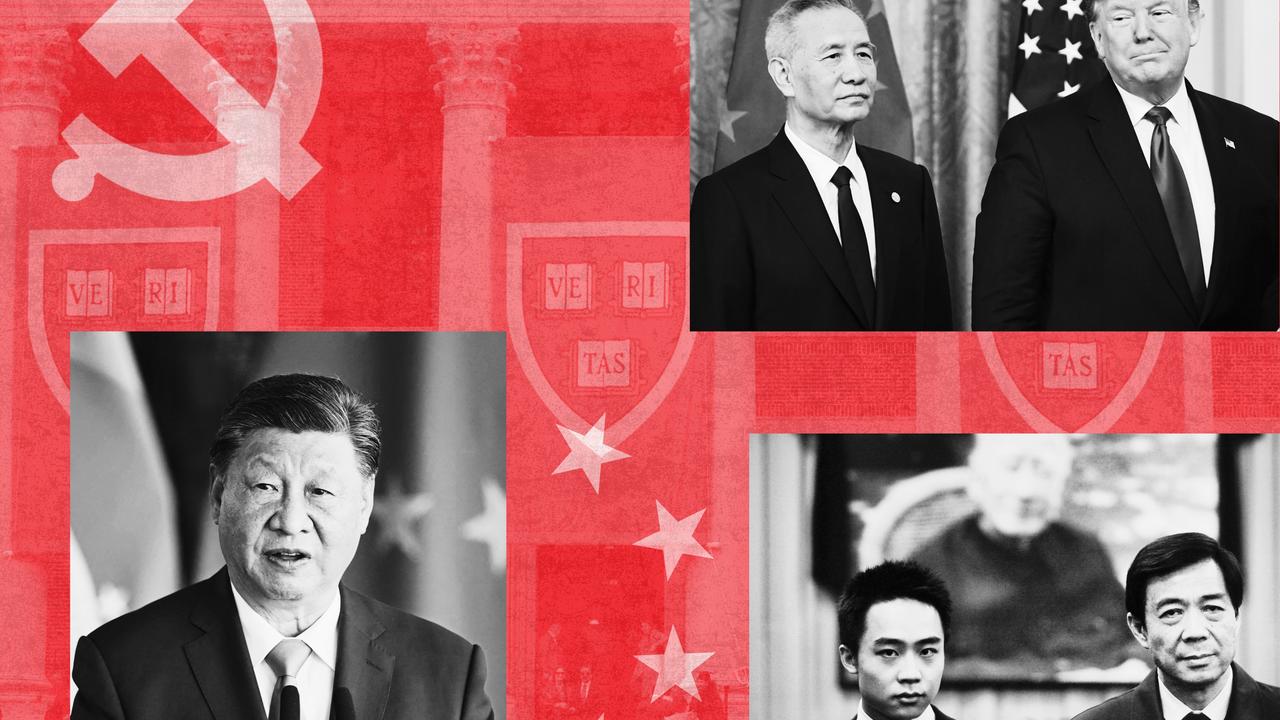
To join the conversation, please log in. Don't have an account? Register
Join the conversation, you are commenting as Logout